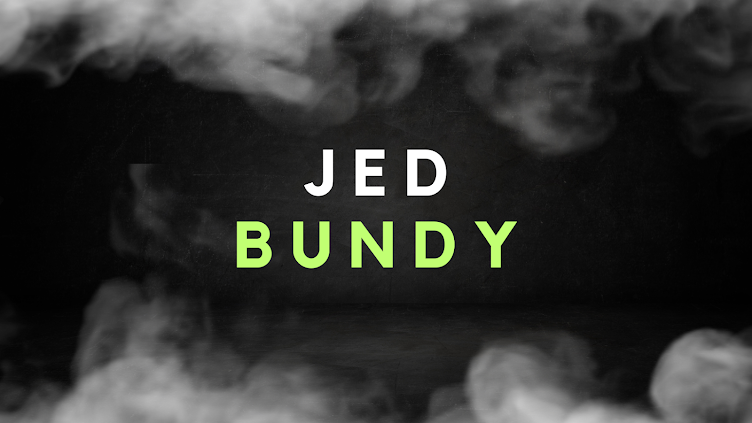The Midnight Meat Train: A Gruesome Journey into the Depths of Horror
Released in 2008, "The Midnight Meat Train" is a horror film directed by Ryuhei Kitamura, based on Clive Barker's short story of the same name. This cinematic adaptation takes audiences on a harrowing and visceral journey into the dark underbelly of the city, blending elements of psychological horror and gore to create a unique and unforgettable viewing experience.
The film follows Leon Kaufman, played by Bradley Cooper, an ambitious and struggling photographer in New York City. Leon becomes obsessed with capturing the city's gritty and raw essence, leading him to traverse the subway system during the late hours of the night. His nocturnal adventures bring him face to face with a mysterious and menacing butcher named Mahogany, portrayed by Vinnie Jones. As Leon delves deeper into the macabre, he discovers a horrifying secret lurking beneath the city's surface.
Ryuhei Kitamura skillfully crafts an atmospheric and tension-filled environment, utilizing the subway as a sinister backdrop for the unfolding horror. The film's dark, gritty cinematography amplifies the sense of foreboding, making every scene feel like a descent into madness. Kitamura effectively employs shadows and low-light settings to create an oppressive and claustrophobic atmosphere, intensifying the suspense throughout the film.
Bradley Cooper delivers a compelling performance as Leon Kaufman, a character whose descent into the grim underworld challenges his perceptions of reality and morality. Vinnie Jones, known for his roles in action films, delivers a chilling and menacing portrayal of Mahogany, the enigmatic butcher who becomes a central figure in Leon's horrifying discoveries. The film's supporting cast, including Brooke Shields and Leslie Bibb, adds depth to the narrative, creating a diverse ensemble of characters that contribute to the overall sense of unease.
"The Midnight Meat Train" explores themes of obsession, morality, and the fine line between art and madness. Clive Barker's source material, known for its dark and thought-provoking narratives, lends itself well to the film's exploration of the human psyche and the consequences of unchecked ambition. The subway system serves as a symbolic descent into the abyss, mirroring Leon's journey into the darker recesses of his own mind.
True to its horror genre, "The Midnight Meat Train" does not shy away from graphic and visceral imagery. The film features intense and gory sequences that push the boundaries of conventional horror. The shock value is heightened by the film's unexpected twists and turns, keeping the audience on the edge of their seats as the story unfolds.
While "The Midnight Meat Train" did not achieve widespread commercial success upon its initial release, it has gained a cult following over the years. Fans appreciate its unique blend of psychological horror, gruesome visuals, and a narrative that challenges traditional horror tropes. The film stands as a testament to the power of independent horror cinema to deliver unconventional and memorable experiences.
In conclusion, "The Midnight Meat Train" remains a noteworthy entry in the horror genre, offering a gripping and unsettling journey into the depths of human darkness. Its atmospheric visuals, strong performances, and willingness to push the boundaries of horror make it a cult classic that continues to captivate and disturb audiences more than a decade after its release.


